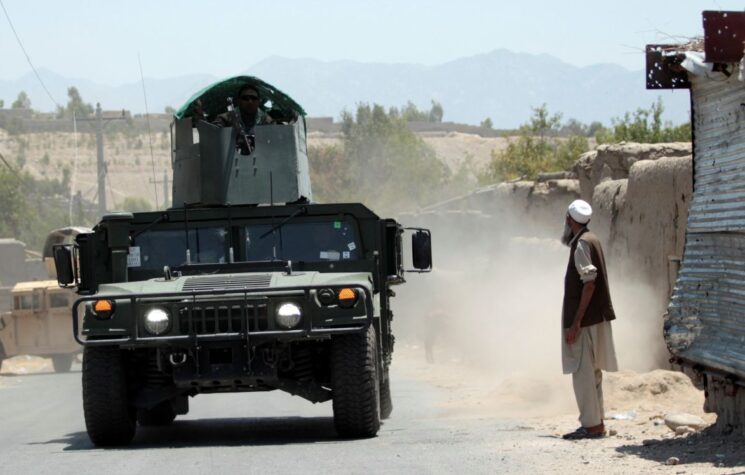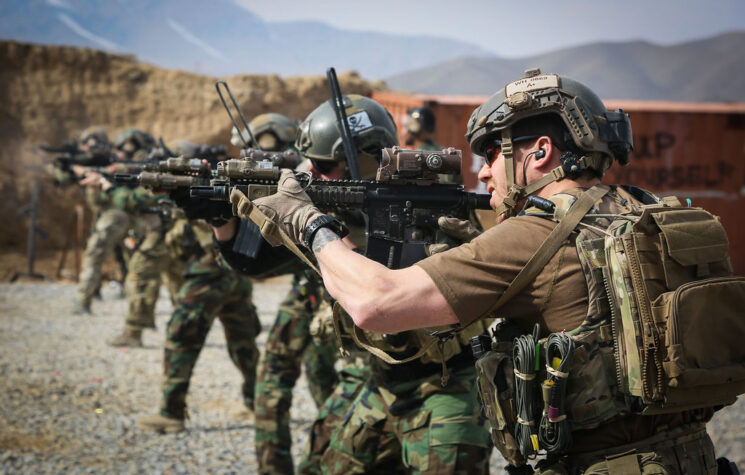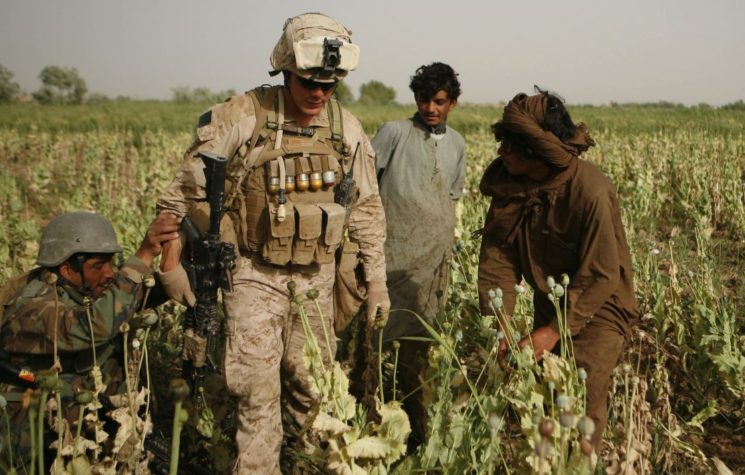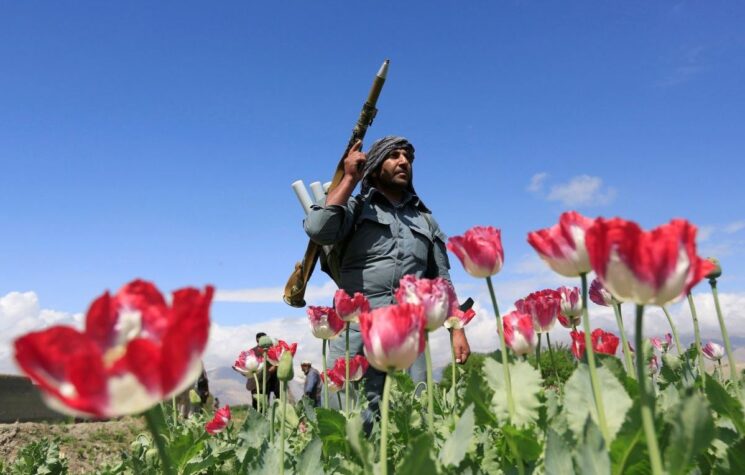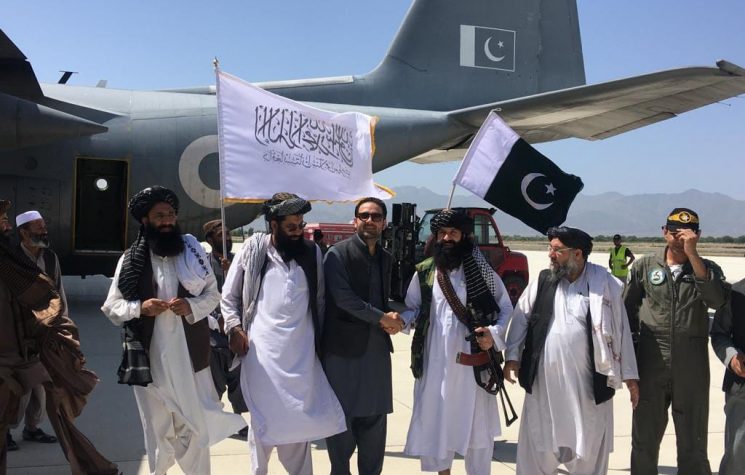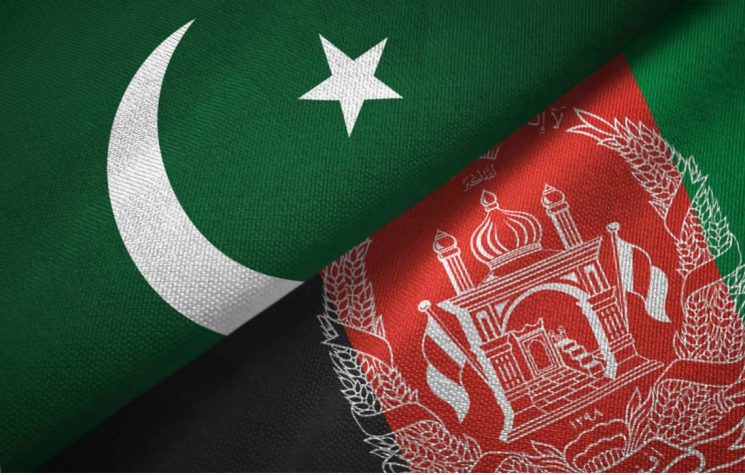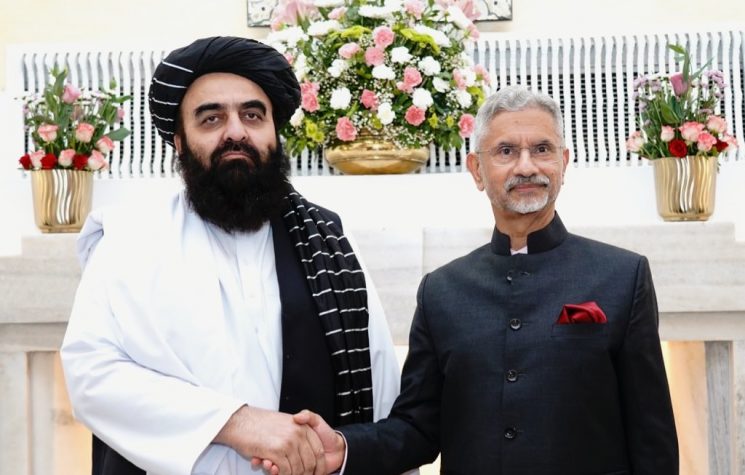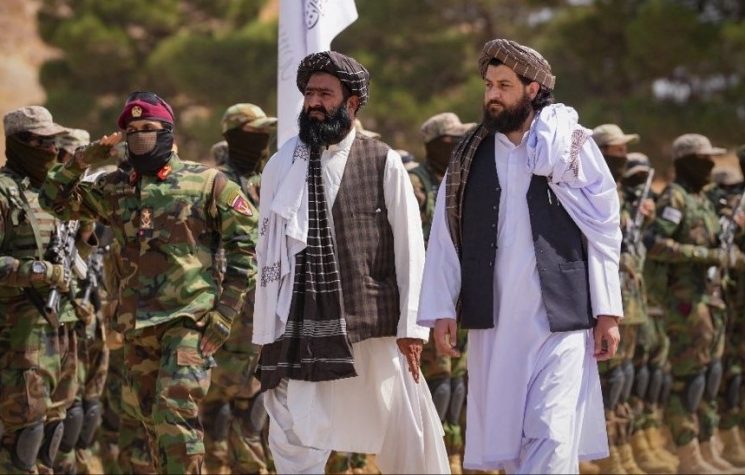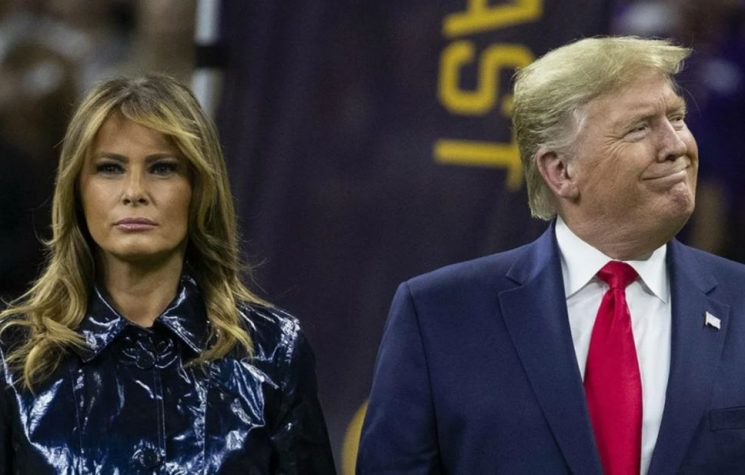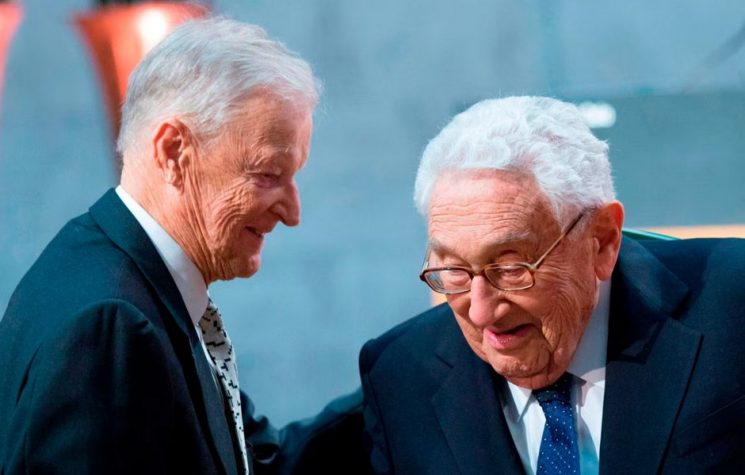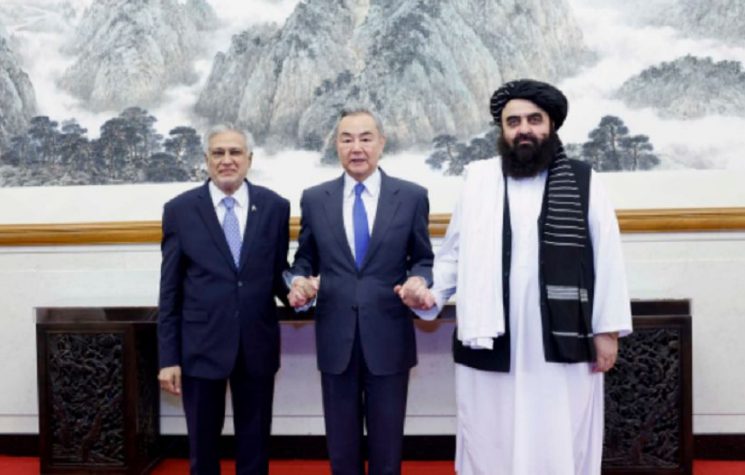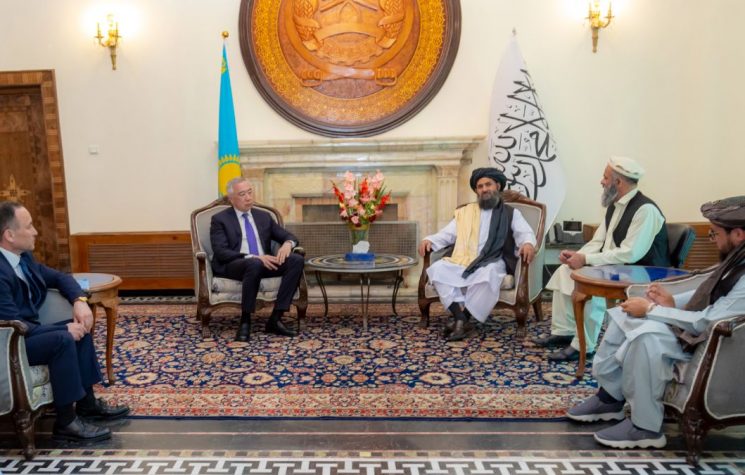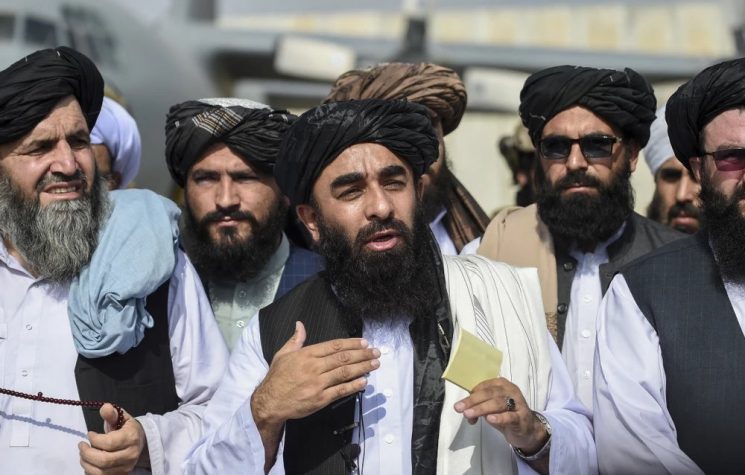But he might just. The US president is hesitating and he must be considering the scenario of reinstating the Taliban in Kabul with Russia and Iran helping it with its governance this time around.
Many might argue that at the heart of good journalism lies the ability to ask difficult, if not obvious questions to our leaders. Remarkably, with Joe Biden’s numerous press conferences on the subject of Afghanistan and America’s pullout of its troops, not one American journalist was able to ask the simplest question of Biden, which is the only real issue which matters. Will the US support the Afghan government with an air campaign against the advancing Taliban? This is a deal breaker and really will tell us if all of the so-callled Afghanistan experts bases in various western capitals, are correct in their erroneous prediction of Kabul falling “within weeks”.
In recent weeks Biden has tipped off journalists that he would pull out US troops from Iraq and Syria. In reality, he did neither, anxious that this will give a boost to Iran and its proxies during what is laughingly still a period of negotiations with Iran over the JCPOA.
Biden has no real foreign policy blueprint for the region. And so this makes his last minute decisions more acceptable and almost the norm with most experts. But in the case of Afghanistan, Biden cannot afford to dither as he has in Iraq and Syria. The stakes are just too high.
As Afghanistan’s regional capitals fall quicker than expected to the Taliban, we should look at this advance in context. There is not much of a fight in most cases as the US program of training the Afghan army shows itself to be the unprecedented failure that it is with most regular army units fleeing their posts rather than fight. This is also to do with a governance, which the US could have played a bigger role in. Most soldiers have very low morale and have no confidence in the Afghan elite to make the right decisions quickly, in a country which some have called the most corrupt in the world.
But as most pundits say the end of the Afghan’s government control is in sight, it may well be that Kabul and the government can hold out, if the US and its allies support the Afghan airforce with their campaign which is starting to have an impact. The battle with the Taliban will be from the air and the 53 appache helicopters which the US sold the Afghan government in 2017 will be put to good use in the battle for Kabul. But they will not be enough.
Biden is about to write the history books which could tarnish America’s foreign policy mantra for generations to come. Will he let Kabul fall to the Taliban and just stand back and harp on about Afghans having to fight when this extremist group will make such a colossal mockery of US intervention in a twenty year operation which resulted in achieving exactly the opposite that it set out to achieve.
Yes, of course a security vaccum is already a huge problem, which means that the present tiny groups ISIL and Al Qaeda, might expand with the easy influx of overseas jihadists – as they find it easy to operate their and might even find patrons for their dirty work (perhaps even from the US itself, to follow the trend of Syria and Obama’s “dirty dozen” of ho-ho-ho “moderate” rebels which in fact were Al Qaeda and Al Nusra terror groups.
Biden is in a quandary though. Probably he is conscious of how helping the Afghan government might push the Taliban to ask for more support from regional players who could benefit from the Taliban being both in power and carrying out a daily war with the US.
But how does the US bomb the Taliban when it has just signed a peace deal with it in 2020 in Doha?
The tough decision from Biden might be whether to bankroll the Afghan government and extend the arms procurement credit line to its air force. But even in this scenario, if will speed up a process of dialogue both with Iran and Russia who both are in a position to help its airforce. Russia has strategic interests in its central asia “stans” which it doesn’t want to receive more jihadists with a spill over in the future. Iran, for its part, is looking for a convenient proxy war zone to hit the US, outside of the Straits of Hormuz, where it can feed its new appetite for anti American narrative which the new hardline President is championing. For the moment both Tehran and Moscow are playing a waiting game but it would be hard to imagine the Taliban coming back into power without either of these two countries playing a support role of some sort.
The real worry is morale in the Afghan army. It’s hard to see how President Ghani can change this situation favourably in such a short space of time. He may well have more luck with anti Taliban militias scattered around the country who have signalled they are ready to work more closely with the government. But they need to ‘buddy up’ with America’s allies in the region, such as Saudi Arabia and the UAE, before it’s too late. And there really isn’t too much time left.








